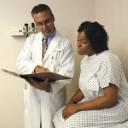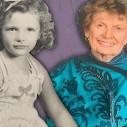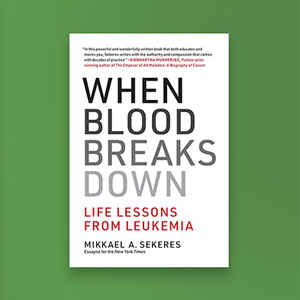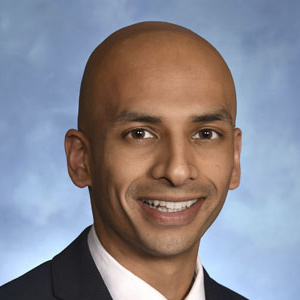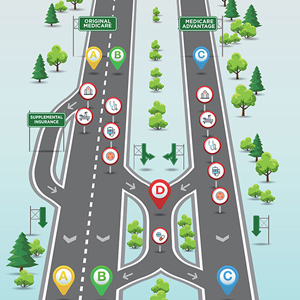-
Physicians Underestimate Severity of Radiation Side Effects
Breast cancer patients' symptoms after radiation therapy may go underrecognized, especially if these patients are Black or younger in age.
by Marci A. Landsmann
-
Drug Dependence After Breast Surgery
A study indicates that some breast cancer patients who receive mastectomy and reconstruction may be at risk of persistent drug use following surgery.
by Marcus A. Banks
-
Drafting a Medical Team
Going through cancer treatment and ensuing complications is never easy, but surrounding yourself with the right key players can help, writes pancreatic cancer survivor Rob Weker.
by Rob Weker
-
Taking Drug Dosing Off Autopilot
Patient advocates with metastatic breast cancer argue that dosing of treatments for their disease should be more personalized and take into account quality of life.
by Marcus A. Banks
-
Beating the Bully Inside
To gain control over fear of my breast cancer recurring, I called on lessons learned as a 5-year-old confronting the neighborhood bully.
by Joan Harris
-
Healthy Habits
Ripe for the PickingAwareness of the link between cancer risk and a diet lacking fruits and vegetables has been declining.
by Carisa D. Brewster
-
Get Involved
Patients With PetsA helping hand for pet owners receiving cancer treatment.
by Jackie Oshiro
-
Q&A
The Lost Poetry of Patient StoriesMedical histories capture a vital snapshot of a patient's health status. In his new book, hematologist-oncologist Mikkael A. Sekeres provides a richer narrative.
by Marci A. Landsmann
-
Sound Advice
Fall 2020vol 10 | issue 03
Experts offer advice on making caregiving work, the challenges of telemedicine, and absent friends. -
Learning Medicare’s ABCDs
Medicare was established to help provide affordable health care coverage for older Americans. But Medicare beneficiaries with cancer can still face financial burdens related to their care.
by Kate Yandell
Cancer Talk
Biotin Supplements Can Skew Cancer Lab Results
Products containing biotin can alter lab tests for people during and after cancer treatment.
by Laura Gesualdi Gilmore
Connecting More Patients to Cancer Clinical TrialsAACR conference brings experts together to discuss strategies to reach people historically left out of cancer research.
by Eric Fitzsimmons
Treatment Combination Improves Survival in EGFR-positive Lung CancerAdding chemotherapy to targeted therapy improves outcomes for people with advanced EGFR-positive non-small cell lung cancer.
by Sandra Gordon
Lessons From 20 Years Living With CancerMultiple myeloma survivor Jonathan Gluck reflects on uncertainty, and the scientific progress that has kept him living with cancer for more than two decades.
by Eric Fitzsimmons



